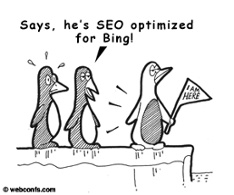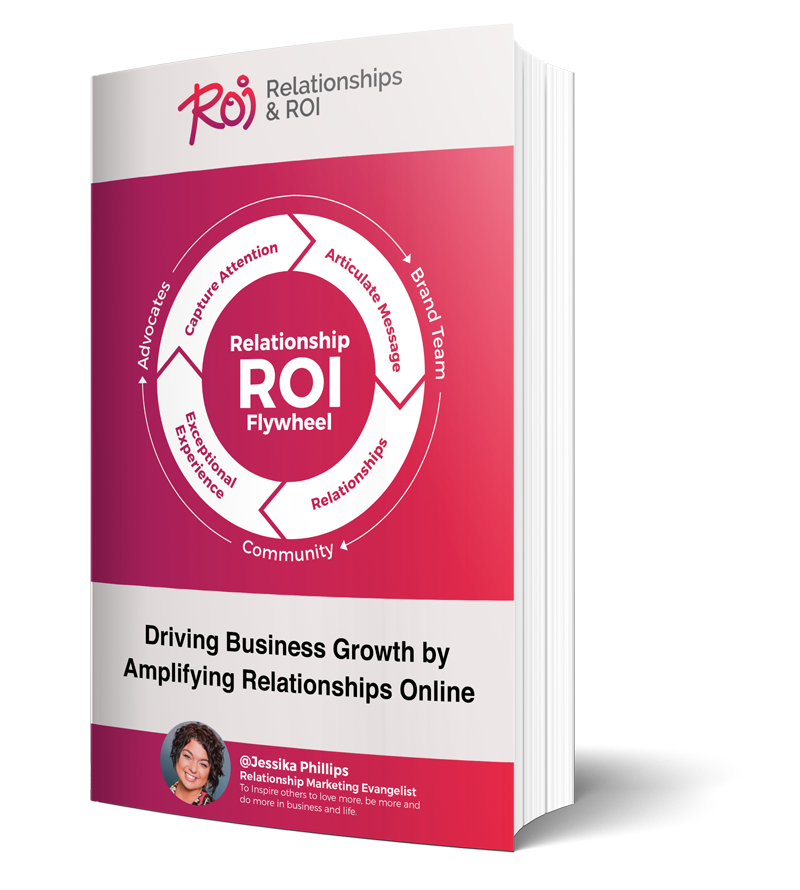What do you do when you use the Internet to find something? Chances are you’ll use a search engine, such as Google or Yahoo!. Typically, you type a word into a search window and a list of results pops up on your screen. If you were marketing a product or service, wouldn’t you want YOUR website to be one of the first on the list of results?
Whenever you enter a query in a search engine and hit 'enter' you get a list of web results that contain that query term. Users normally tend to visit websites that are at the top of this list because they believe those sites are more relevant to their search. If you’ve ever wondered why some of these websites rank better than others, it’s because of a powerful web marketing technique called Search Engine Optimization (SEO).
SEO is the active practice of increasing the number of visitors to a website by obtaining a high-ranking placement in the search results page of a search engine (SERP). SEO is a technique that helps search engines find and rank your site higher than the millions of other sites in response to a search query. Using SEO helps you get traffic from search engines.
In general, the earlier (or higher on the page), and more frequently a site appears in the search results list, the more visitors it will receive from the search engine's users. Internet users usually won’t click through pages and pages of search results, so where a site ranks in a search is essential for directing more traffic toward that site. SEO helps to ensure that a site is accessible to a search engine and improves the chances that the site will be found, so it’ll be listed higher in the results when searched by a search engine.
As an Internet marketing strategy, SEO considers how search engines work, what people search for, the actual search terms typed into search engines, and which search engines are preferred by their targeted audience. Optimizing a website may involve editing its content and HTML and associated coding to both increase its relevance to specific keywords and remove barriers to the indexing activities of search engines. Promoting a site to increase the number of backlinks, or inbound links, is another SEO tactic.
How Search Engines Work
Search engines are not humans. They don’t have the capacity to think, and they are text-driven. Search engines crawl around the Web, looking at particular site items (mainly text) to get an idea what a site is about. Search engines perform several activities to deliver search results: crawling, indexing, processing, calculating relevancy, and retrieving.
First, search engines crawl around the Web to see what’s there. This task is performed by a piece of software, called a crawler or a spider (or Googlebot, as is the case with Google). Spiders follow links from one page to another and index everything they find on their way.
After a page is crawled, the next step is to index its content. The indexed page is stored in a giant database, where it can be retrieved later. Essentially, the process of indexing involves identifying the words and expressions that best describe the page and assigning the page to particular keywords. Sometimes spiders might not get the meaning of a page right but, if you help by optimizing it, it’ll be easier for them to classify your pages correctly and for you to get higher rankings.
When a search request comes, the search engine processes it by comparing the search string in the search request with the indexed pages in the database. Since it’s likely that more than one page (potentially millions of pages) contains the search string, the search engine starts calculating the relevancy of each of the pages in its index with the search string.
There are various algorithms to calculate relevancy. Each of these algorithms has different relative weights for common factors, such as keyword density, links, or metatags. That’s why different search engines give different search results pages for the same search string. To complicate things, it’s a known fact that all major search engines periodically change their algorithms and, if you want to stay at the top, you must adapt your pages to the latest changes. This is one reason (the other is your competitors!) to devote permanent efforts to SEO to get the highest possible rank.
The last step in search engines' activity is retrieving the results. Basically, it is nothing more than simply displaying them in the browser as the endless pages of search results that are sorted from the most relevant to the least relevant sites.
Differences Between the Major Search Engines
Although the basic operating principle of all search engines is the same, the minor differences between them lead to major changes in results. Different factors are important for different search engines. The major search engines like different stuff and, if you plan to conquer more than one of them, you need to optimize carefully.
There are many differences between search engines. For instance, one-page keyword factors are of primary importance for Yahoo! and Bing, while links are very, very important for Google. Also, for Google sites are like wine - the older, the better - while Yahoo! generally has no expressed preference towards sites and domains with maturity and tradition (older ones). Therefore, you might need more time for your site to get higher results in Google than in Yahoo!.

Why does my company/organization/website need SEO?
The majority of web traffic is driven by the major commercial search engines: Google, Bing and Yahoo!. If your site can’t be found by search engines, people who are looking for what you have won’t find your site! Whether your site provides content, services, products, or information, search engines are a primary method of navigation for almost all Internet users.
Search queries, the words that users type into the search box which contain terms and phrases best suited to your site, carry extraordinary value. Experience has shown that search engine traffic can make (or break) an organization's success. Targeted visitors to a website can provide publicity, revenue, and exposure like no other. Investing in SEO, whether through time or finances, can have an exceptional rate of return.
Why can't the search engines figure out my site without SEO help?
Search engine rank is subject to change due to competition and changes to search engine indexing algorithms. Getting and maintaining a strong rank requires continuous work and consistent effort. There are no shortcuts. Building a good reputation and gaining the lasting trust of search engines takes time. SEO is not a one-time event. It is an ongoing process operating in a world of constant change.
Search engines are always working towards improving their technology to crawl the web more deeply and return increasingly relevant results to users. However, there is and will always be a limit to how search engines can operate. Just as the right moves can net you thousands of visitors and attention, the wrong moves can hide or bury your site deep in search results where your site where visibility is minimal. In addition to making content available to search engines, SEO can also help boost rankings so content that has been found will be placed where searchers will see it easier. The online environment is becoming increasingly competitive, and those companies who perform SEO will have a decided advantage in visitors AND customers.
As an Internet marketing strategy, SEO considers
how search engines work,
what people search for,
the actual search terms typed into search engines, and
which search engines are preferred by their targeted audience.
Optimizing a website is not for the faint at heart! Let the SEO professionals at NOW Marketing Group move your website higher in search rankings so your customers can do what they want to do – find YOU!
- © 2011 NOW Marketing Group, Inc.
Article Sources:




Comments